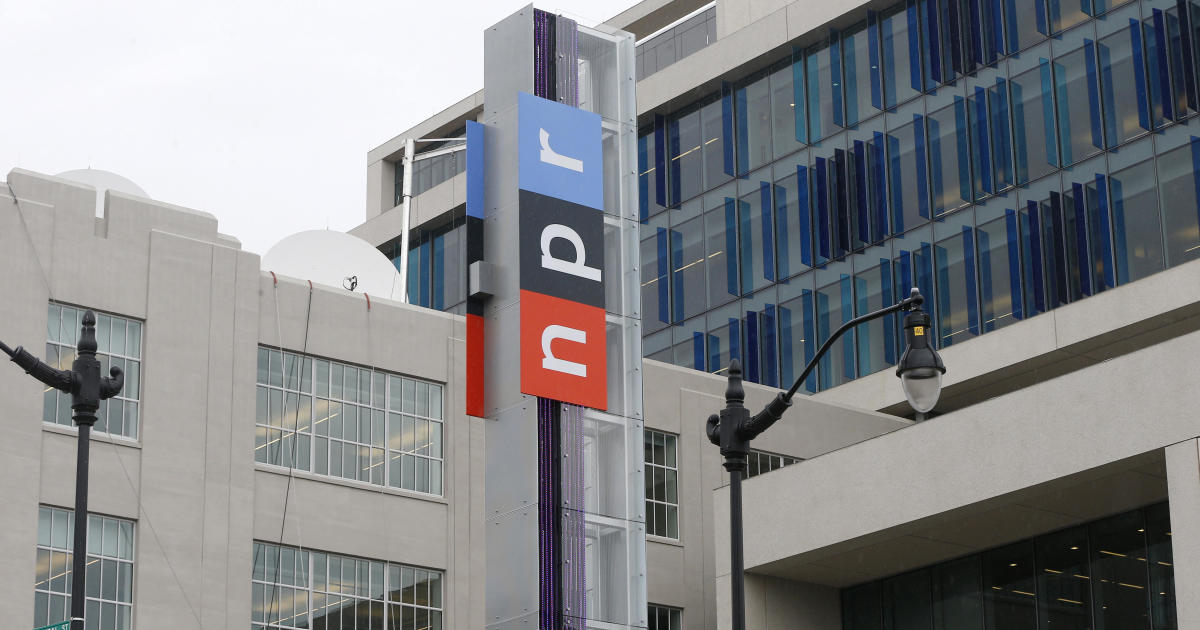How technology can lead to loneliness in the workplace
An epidemic of loneliness is sweeping the workplace, and it could be hurting job performance and loyalty.
Employees today spend half their day using technology to communicate, rather than relying on face-to-face or phone conversations, finds a new study from human resource advisory firm Future Workplace and Virgin Pulse, a company that works with businesses to improve employees' health.
Slightly more than half of workers said they always or very often feel lonely as a result, according to the study, which is published in a new book called "Back to Human: How Great Leaders Create Connection in the Age of Isolation" by Future Workplace Research Director Dan Schawbel. The study interviewed over 2,000 managers and employees in 10 countries.
The ubiquity of technology in the workplace has helped millions of workers turn to telecommuting, a benefit that many employees crave because it cuts out travel time and provides more flexibility. But remote workers appear to be more likely to suffer from loneliness and disengagement, the study found.
"The illusion that we're hyperconnected"
"Maybe we have gone too far -- we tap our devices constantly and are addicted to using alerts and texts," Schawbel said in an interview about the research and his new book. "It creates the illusion that we're hyperconnected and have lot of friends, but your Facebook friend may not be a real friend."
He added, "People talk about the upside, but no one talks about the dark side -- the isolation and loneliness from not having those connections."
Employers risk a downside, as well: Greater feelings of loneliness and disconnection can lead to lower engagement from employees. And those workers may be more likely to move on, the study found. For remote workers, that's even more true.
About one-third of employees work remotely either occasionally or full-time, but two-thirds of them aren't engaged, the study found. More than 40 percent of remote workers said they believed more face time would help them build stronger relationships with their team. Those disconnected remote workers are more likely to quit than in-office workers, who tend to enjoy the benefit of seeing co-workers and engaging in face-to-face discussions, the study noted.
"If you work remote, you're less likely to stay with a company," Schawbel said. "More people want to work remote, and more people are offering flexible work, not understanding it can have a big impact unless it's handled with care."
What managers can do
For managers, that means acknowledging that managing remote workers takes skill and effort beyond simply relying on collaborative technologies like email, Schawbel wrote in "Back to Human." He recommended that managers also need to reach out to their remote workers via phone, in-person visits and teleconferencing to help strengthen those interpersonal ties.
It's an issue that cuts close to home for Schawbel, who said he has been a remote worker for about eight years. The flexibility is great, but he said he also felt the challenges of making personal connections, leading him to rethink how he connects with clients and co-workers.
"We have four events every year, so I see clients in person -- and that makes a difference," he noted. "If you don't see people in person, you're losing out."
The loneliest workers
Some workers suffer more from loneliness and isolation than others, the study found. Worst off are men, introverts and younger workers, which Schawbel said reflects both societal changes and the challenges that face certain demographics.
Introverts, for instance, may not need as much external stimulation as extroverts, yet they still need human contact. And because they tend to like working independently, they may be more likely to dip into remote work -- leading to greater isolation.
"Introverts are more comfortable being independent and isolated, so we almost create our own isolation," said Schawbel, who identifies as an introvert. "That's why we would rather work at home than at a co-working space. But that shouldn't be an excuse not to get coffee with someone or use videoconferencing to see someone."
Almost 60 percent of men are lonely at work, compared with slightly more than 40 percent of women, the study found. Men may be less likely to make emotional connections with others, including co-workers, Schawbel noted. Men tend to suffer from isolation as they get older -- and loneliness is a predictor for several health issues, even premature death.
Younger workers are also more isolated, with almost half of millennials and Gen Z reporting loneliness in the workplace. By comparison, slightly more than one-third of Gen X workers said they were lonely, and only 29 percent of baby boomers reported feeling isolated in the workplace.
Younger generations want "meaningful work," Schawbel noted. That means belonging to a group or community that will support their ambitions, including in the workplace.
Searching for connections
Managers should pay attention to these feelings of isolation because low engagement may prompt workers to go on the job hunt. Sixty percent of those surveyed said they would be more likely to stay with their company longer if they had more workplace friends, the study found.
Creating a welcoming experience for employees can help them cement relationships. That can range from assessing what motivates your employees and hiring for personality fit, as well as giving your office space a fresh assessment by asking workers what design changes might make it more welcoming, "Back to Human" recommends.
Companies that are listed as "best places to work" in various surveys are those "that feel like a family," Schawbel noted. Workers and managers who don't examine how they interact with their co-workers "might be thinking they're OK, because the tech is almost deceiving them. But the relationships become a little weaker as a result."



